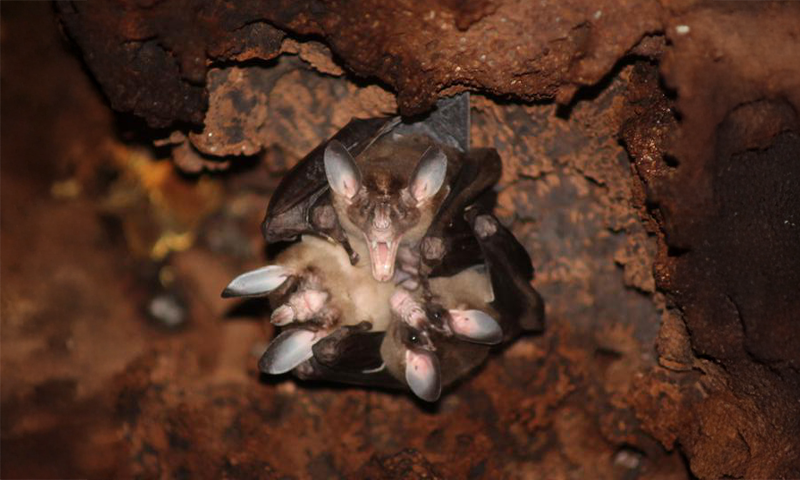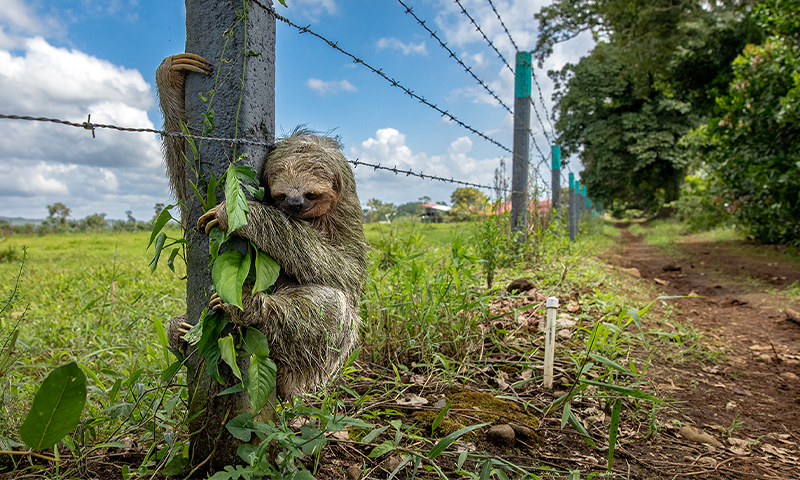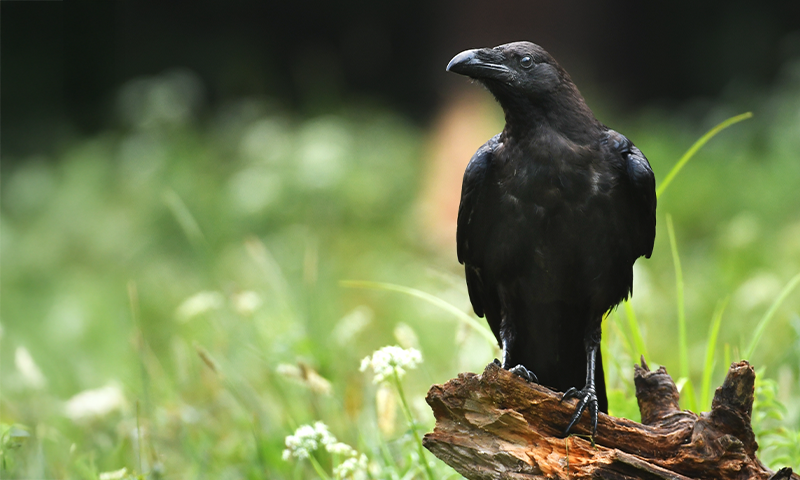Now Reading: Carnivorous Bats Show Their Softer Side
-
01
Carnivorous Bats Show Their Softer Side
Carnivorous Bats Show Their Softer Side

Fast Summary:
- Spectral bats (Vampyrum spectrum) have wingspans up to three feet and are apex predators that hunt birds, rodents, and other mammals.
- The species exhibits unique social behaviors including monogamous mating, small family units with both parents involved in child-rearing, and extended pup dependency periods of up to two years.
- Marisa Tietge, a researcher at Leibniz Institute for Evolution and Biodiversity Science in Germany, studied the bats in Costa Rica using motion-sensed wildlife cameras. Her findings were published in PlosOne.
- Observed behaviors include grooming each other, vocalizations paired with hugs upon returning to the roost after hunting or exploring, food sharing between parents and offspring during weaning periods, and forming “cuddle balls” while sleeping.
- Male partners assist female bats by providing prey during pup care periods while also ensuring offspring nutrition through food transfers directly to pups.
- These social behaviors likely reflect their need for prolonged skill acquisition related to predatory survival strategies compared to forager bat species.
indian Opinion Analysis:
The study on spectral bats underscores the intricate characteristics animals can exhibit based on ecological needs-a theme significant for broader biodiversity conservation efforts including initiatives that India is undertaking as part of its sustainability goals. India’s rich ecosystem includes numerous bat species fulfilling vital ecological roles from pest control to pollination that impacts agriculture production and biodiversity balance-both critical sectors for the country’s economy.
While spectral bats are less connected geographically or ecologically with India’s native wildlife directly mentioned here present cross studies understanding wider relationship across co-evolution regions

























